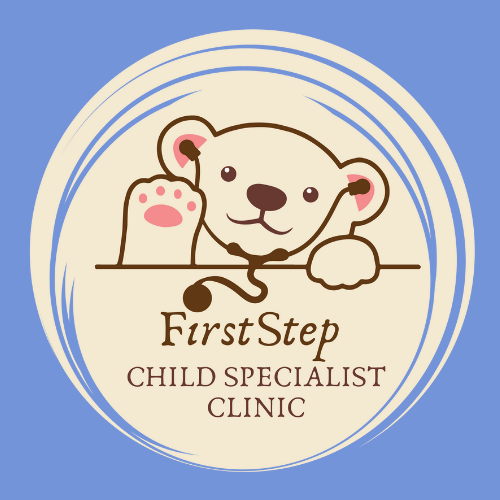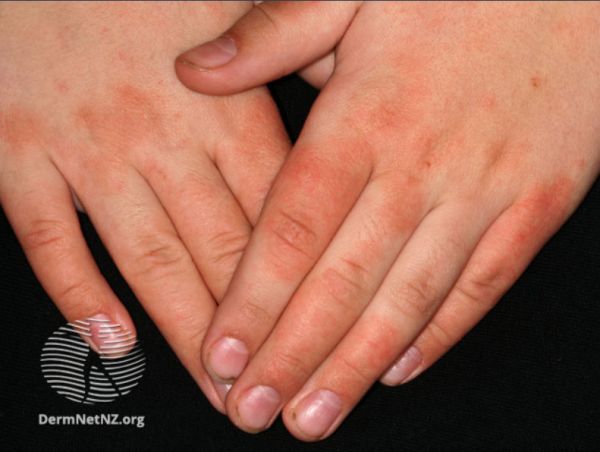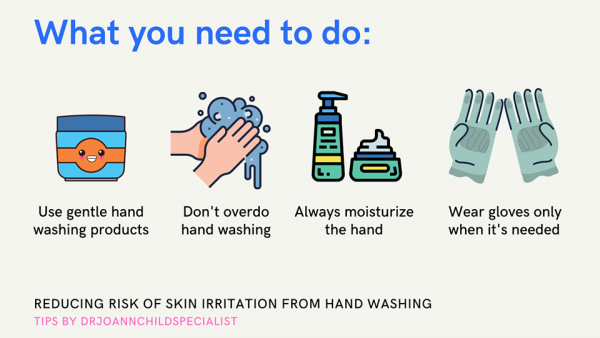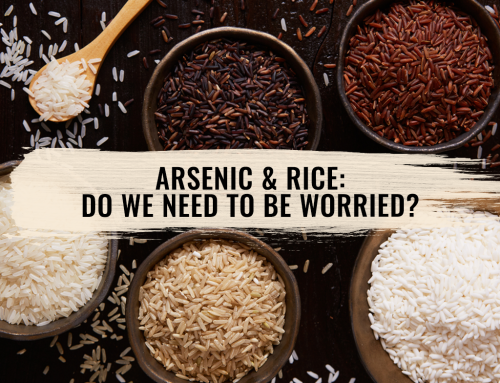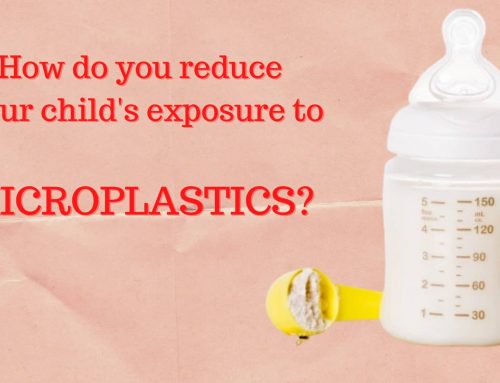Reducing the risk of skin irritation from hand washing
In the past, the leading group of people suffering from skin reactions from the usage of hand hygiene products would be health care workers, cleaners and food handlers. However, the tables have turned due to the COVID-19 pandemic where hand hygiene is often stressed.
More and more adults and even children are suffering from skin changes over the hands due to the frequent hand washing or usage of hand sanitisers.
What is the cause of skin irritation?
Skin reactions from hand hygiene can be divided into irritant contact dermatitis or allergic contact dermatitis.
Irritant contact dermatitis
Hand hygiene products are often alcohol-based or contain antibacterial agents like chlorhexidine, triclosan and other active ingredients. These substances damage the skin by stripping away the outermost layer of skin and disrupting the lipid layer (also known as a moisture barrier layer), thus reducing the water-binding capacity of the skin.
Eventually, the skin over the hands become dry, itchy, and even cracking or bleeding. The finger-webs are the first to be affected, followed by the back of hands and wrists, usually sparing the palms.
Allergic contact dermatitis
The incidence of allergic contact dermatitis is rarer compared to irritant contact dermatitis. In allergic contact dermatitis, the affected person would have predisposing factors such as eczema.
The most common cause of contact allergies is the presence of fragrances and preservatives in the hand hygiene products.
Most of the time, the allergic reaction is somewhat delayed occurring after a few days of exposure. However, in some individuals, there might be immediate reactions within hours from contact.
Why are children more vulnerable to skin irritation?
Children are more vulnerable to skin irritation because of their thinner layer of superficial skin (stratum corneum) as well as a lower natural moisturising factor and skin lipid production compared to adults.
Handwashing is essential during this pandemic and cannot be compromised. So, how can we protect the skin over the hands at the same time?
✅ Use gentle hand washing products
In the case of alcohol-based hand rubs, choose those which incorporate moisturisers to reduce the risk of irritation or dryness. It is important to note that cream cleansers do not have antibacterial properties.
Hence, washing with soap and water or using a hand sanitiser is still needed in cleaning the hands to destroy the SARS-CoV-2 virus, responsible for COVID-19.
✅ Do not overdo hand washing
Certain hand hygiene practices can increase the risk of skin irritation. For example, washing hands regularly with soap and water immediately or after using alcohol-based hand rub can worsen skin irritation. Choose either one.
If there is no available clean water source nearby, use a hand sanitiser. However, if the hands are visibly dirty with food, oil or soil, washing with soap and water would be the best option. Too much of handwashing may not be necessarily better.
✅ Always moisturise the hands
Make it a habit to moisturise hands immediately after handwashing or whenever the skin feels dry. Hand lotions and creams often contain moisturising agents, fats and oils that can increase skin hydration and replace depleted skin lipids. Re-application of hand moisturisers may be needed up to 10-20 times a day depending on the frequency of handwashing and skin condition.
✅ Wear gloves only when it is needed
Frequent wearing of gloves can increase the risk of skin irritation due to retained sweat within the glove or latex allergy. For the vast majority, the use of gloves while going out, shopping for groceries etc. is not advisable. For those who need to wear gloves due to the nature of their job, avoid powdered or latex gloves. After usage of gloves, do moisturise the hand thoroughly with a greasy moisturiser.
I hope these tips prove useful in overcoming skin irritation due to frequent hand washing!?
References:
1. Skin reactions related to hand hygiene from WHO Guidelines on Hand Hygiene in Health Care: First Global Patient Safety Challenge Clean Care Is Safer Care https://www.ncbi.nlm.nih.gov/books/NBK144008/
2. Vanessa Ngan: Irritant contact dermatitis https://dermnetnz.org/topics/irritant-contact-dermatitis/
3. Photo credits to dermnetnz.org
INTERESTED IN PARENTING ARTICLES?
We have the right articles just for you.
“There is no such thing as a perfect parent. So just be a real one.” – Sue Atkins
